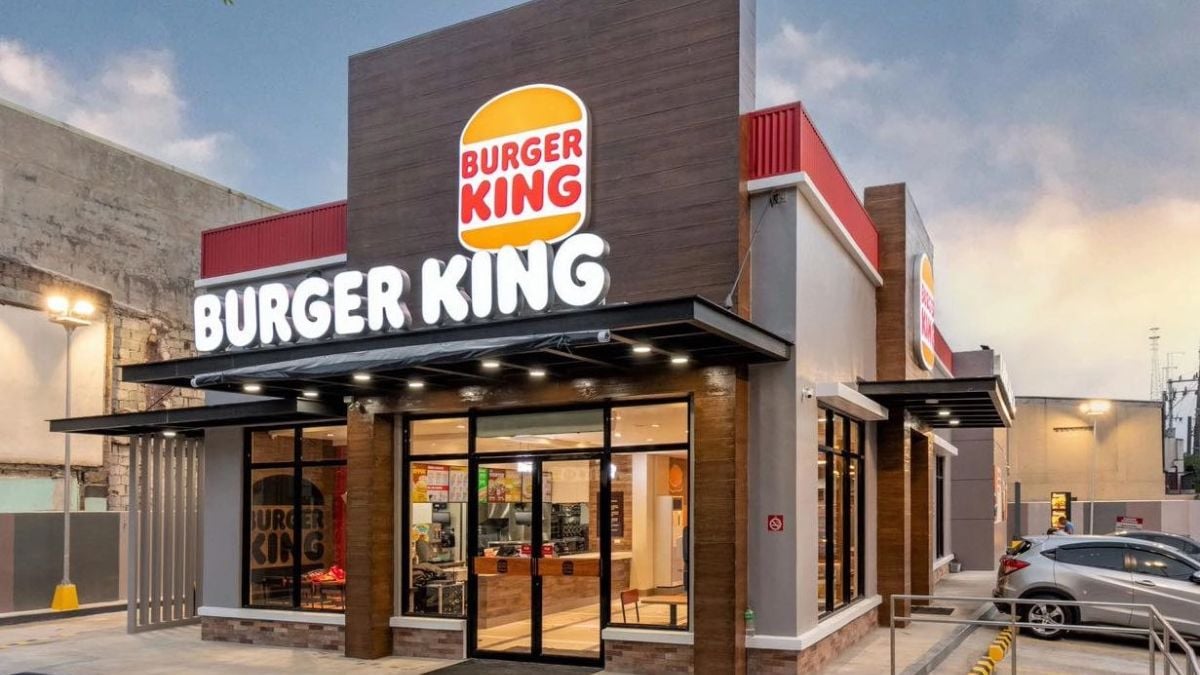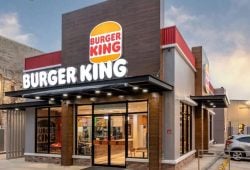
Are you a fan of Burger King’s burgers? Then we’ve got bad news for you. The fast food giant has just filed for bankruptcy and has sought protection under Chapter 11 of the United States Bankruptcy Code. This move has cast uncertainty over the future of its restaurants and has led to the dismissal of hundreds of employees across the U.S. Here’s everything we know so far.
Why did Burger King file for bankruptcy?
Before you panic, it’s important to clarify that the bankruptcy filing only involves one of its franchisees. The company in question is Consolidated Burger Holdings, which currently operates 57 Burger King restaurants. Based in Destin, Florida, the company reported debts of approximately $37 million.
“Over the past few years, and particularly as a result of the COVID-19 pandemic, the Debtors’ business suffered a significant loss in foot traffic, leading to a drop in revenue without proportional reductions in rental obligations, debt service, and other liabilities,” stated Consolidated Burger Holdings in its bankruptcy filing.
The franchisee explained that it had spent seven months trying to find a buyer before deciding to declare bankruptcy. According to the owner, the decision was driven by several factors: rising rent costs, increased shipping and food expenses, higher labor costs, and a growing shortage of available workers.
ALSO READ Rite Aid could file for bankruptcy! What will happen to the stores?
With this, Consolidated Burger Holdings joins the list of Burger King franchisees that have faced financial hardship. In January 2023, TOMS King Holdings LLC, which operated 90 locations across Illinois, Ohio, Pennsylvania, Virginia, and North Carolina, also filed for bankruptcy and shut down many of its locations due to high debt and underperformance. Similarly, in March 2023, Meridian Restaurants Unlimited, responsible for 100 Burger King outlets in Minnesota, Kansas, and Nebraska, filed for bankruptcy due to similar economic challenges.
Will Burger King restaurants be closing?
So far, Consolidated Burger Holdings has not confirmed whether it will permanently close its Burger King restaurants in Florida or continue seeking buyers to keep the franchises operational.
A brief history of Burger King
Burger King is a well-known fast-food chain that first opened its doors in 1954 in Miami, Florida, founded by James McLamore and David Edgerton. Since then, the brand has grown into one of the most iconic in the world, with over 18,000 restaurants in more than 100 countries.
In 2010, the company was acquired by investment firm 3G Capital, marking the beginning of a new phase of transformation in both its structure and business strategy. Burger King’s business model focuses on selling hamburgers, sandwiches, fries, beverages, and desserts. Among its most popular offerings are the Whopper—its signature flame-grilled burger with lettuce, tomato, onion, pickles, and special sauce—and its Onion Rings, crispy golden-fried onion rings that have become a customer favorite.
What is Chapter 11 of the U.S. Bankruptcy Code?
Filing for bankruptcy protection under Chapter 11 means that a company is on the brink of ceasing operations, but believes it can recover its success if given the opportunity to reorganize its assets, debts, and business operations.
ALSO READ This is Otonomus, the new hotel in Las Vegas powered by AI
By filing under Chapter 11, the company seeks protection from creditors while restructuring its business and debt. This type of protection is available to corporations, individual entrepreneurs, and partnerships. Under Chapter 11, the company’s management continues to oversee daily operations. However, major business decisions must be approved by the bankruptcy court.
Who can seek protection under Chapter 11?
U.S. law allows any company or individual with a domicile, business establishment, or assets in the country to request judicial supervision to restructure their finances and operations under the provisions of Chapter 11.
There is no minimum or maximum value for the assets of a foreign company in the U.S. to be eligible for Chapter 11 protection under U.S. Bankruptcy Law. In certain cases, deposits held by the legal firm managing the process in the U.S. may be considered assets, making the debtor eligible to seek Chapter 11 protection.









